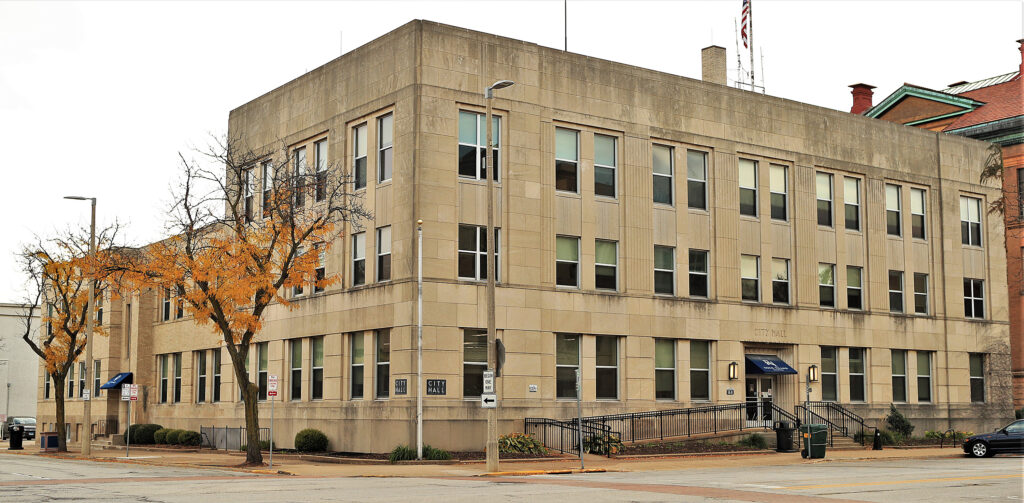The City of Rock Island will eliminate its gas tax and switch to a monthly utility fee on residents’ quarterly water bills in an effort to improve roads in the city. The change will show up on November utility bills.
In July 2022, the city conducted a survey of residents and stakeholders, asking them what Rock Island’s biggest needs were. The majority of respondents said road repairs and maintenance.
The creation of a street improvement utility fee was approved by Rock Island City Council members in April 2024.
By eliminating the local gas tax and implementing a street improvement utility fee in its place, an estimated $2 million in revenue will be generated per year. That’s $1.5 million more than the city has been collecting from the local gas tax, the city said in a release.
The new fee structure will be implemented based on the size of residents’ parcels. All parcels with a gross area of:
- Less than 6,000 square feet will pay $7 per month or $21 a quarter.
- More 6,000 but less than 18,000 square feet will pay $10 per month or $30 a quarter.
- More than 18,000 but less than 43,560 square feet (an acre) will pay $20 per month, or $60 a quarter.
- More than 43,560 square feet will pay $30 per month or $90 a quarter.
The street improvement utility is exclusively designed to maintain, repair and improve the public transportation system, including roads, sidewalks, parking lots, traffic signals and street lighting. This initiative ensures the sustained functionality and safety of the transportation system owned or operated by the City of Rock Island.
Dedicated, stable source
According to the city, implementing the street improvement utility fee ensures a dedicated, stable source of funding for Rock Island’s transportation infrastructure.
“A primary focus of this funding will be on residential streets, with almost 30% (44 miles) of the 148-mile road network expected to see improvements within the first five years,” the release said. “The City of Rock Island is committed to ensuring the long-term sustainability of our transportation infrastructure and the safety of our community. The new street improvement utility fee is a necessary step in achieving these goals.”
As Rock Island continues to grow, attract new businesses and develop its downtown, so does wear and tear on the city’s roads and transportation system.
For years, Rock Island has relied on revenue from the local gas tax. It was only generated if a motorist filled their tank at a Rock Island gas station.
However, due to increased fuel economy, electrification of vehicles, and increased competition from neighboring states like Iowa, revenue from the local motor fuel tax has been inadequate for the maintenance of roads and other transportation needs.
In recent years, the local gas tax has generated:
- 2023 – $374,530
- 2022 – $368,593
- 2021 – $421,461
- 2020 – $428,796







